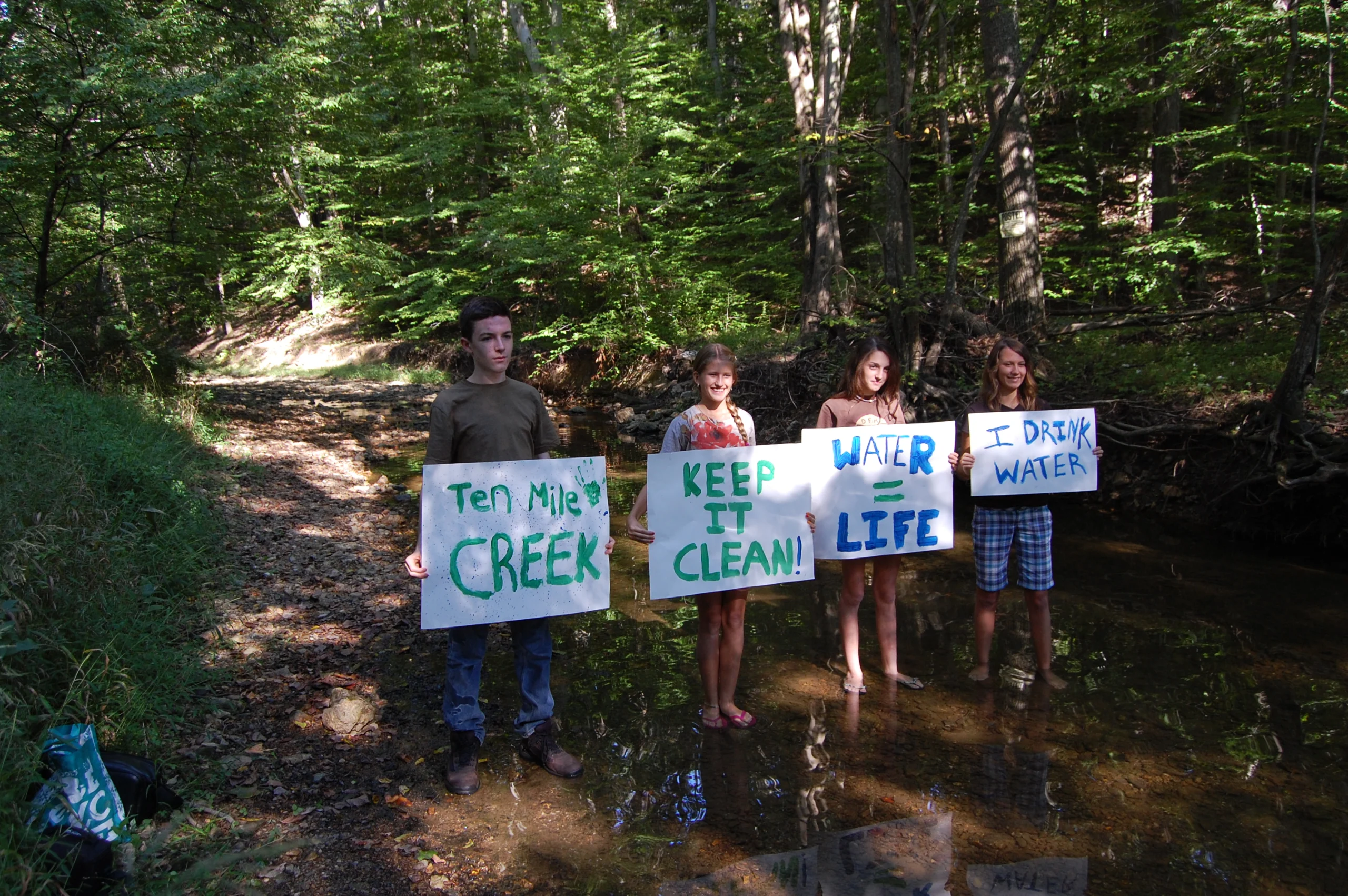Ten Mile Creek is a fragile and pristine stream considered one of the highest quality in Montgomery County. The creek drains into the Little Seneca Creek Watershed, which is our DC region’s emergency drinking water source. It is home to many unique macroinvertebrates which have been studied by Nature Forward’s Water Quality Monitors for 23 years. Read more about Nature Forward’s work to protect Ten Mile Creek here.
Despite a clear win in the campaign to “Save Ten Mile Creek” in 2014 that set a cap of 6% for all impervious (paved) surfaces throughout the Ten Mile Creek watershed to protect its water quality and our emergency drinking water supply, Montgomery County is considering exceptions for that cap. On January 17th, 2023, The Montgomery County Council will hold a public hearing on ZTA 22-12 which would exempt bike paths from the 6% cap (set in place previously by the 2014 Clarksburg Master Plan with the Ten Mile Creek Amendment).
Our friends at Friends of Ten Mile Creek and Little Seneca Reservoir & Montgomery Countryside Alliance have put together the action alert below.
Take Action Now!
Using the information & form below (fill in your contact information and click the red “Start Writing” button), write a letter to the County Council before the January 17th hearing. Make sure you include:
- Demand that the Council does not approve the proposed ZTA 22-12 as it will allow more pavement in Ten Mile Creek by exempting any master-planned bikeway, whether publicly funded or not. Climate change is causing frequent and stronger rainstorms, so increasing impervious surfaces is not a sustainable nor climate resilient solution.
- We can have both clean water and bike lanes. Bike lanes, like roads and houses, just also need to remain within the existing 6% cap limit of impervious surfaces in Ten Mile Creek watershed.
- Every additional bit of impervious surface harms streams, with only 10% impervious being enough to push a watershed from “excellent” down to “good” quality (see chart below).

